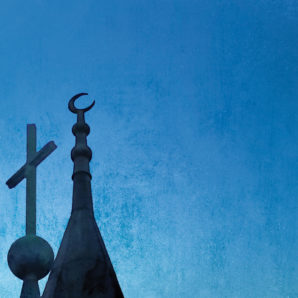Inequality, Masculinity & Modernity
In the weeks and months after the terrorist attacks of September 11, 2001, speculation swirled over the attackers’ possible motivations. The pseudo-religious zeal of Mohammed Atta’s final letter to his comrades was only one aspect of it. Attention also centered on the attackers’ possible socioeconomic motivations. Theirs was not a problem of absolute poverty, of course, but of relative poverty. In their new environs, they could never quite fit in culturally—or perhaps religiously, morally, or spiritually—given the marginalization of immigrants that persists in many European countries even among immigrants who aspire to “assimilate.”
Read More →
In the weeks and months after the terrorist attacks of September 11, 2001, speculation swirled over the attackers’ possible motivations. The pseudo-religious zeal of Mohammed Atta’s final letter to his comrades was only one aspect of it. Attention also centered on the attackers’ possible socioeconomic motivations. Theirs was not a problem of absolute poverty, of course, but of relative poverty. In their new environs, they could never quite fit in culturally—or perhaps religiously, morally, or spiritually—given the marginalization of immigrants that persists in many European countries even among immigrants who aspire to “assimilate.”
Read More →
